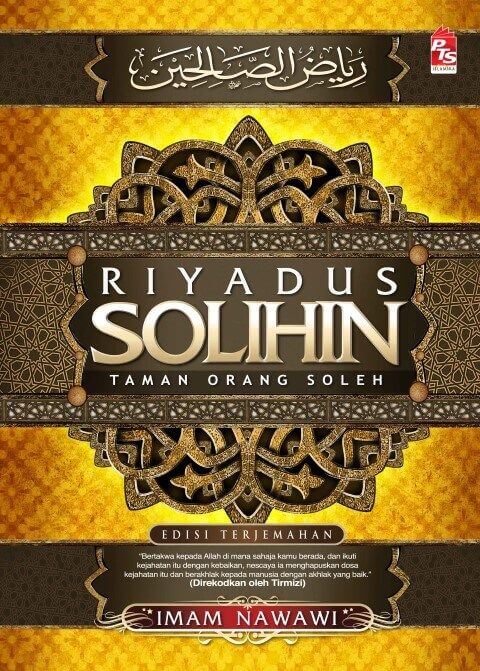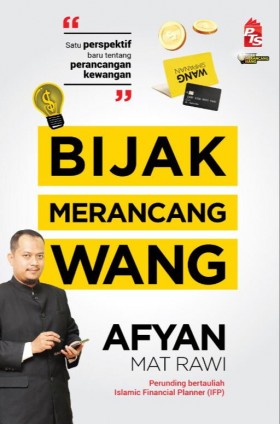ENERGY efficiency has been a by-word of environmentalists and Malaysian politicians for a while now, though effective promotion has taken a long time. The government is strongly advocating the switch to energy-saving appliances and overall 'green' lifestyles.
Malaysians are slowly coming to terms with the fact that energy cost will increase and adopting energy efficiency must become a way of life and not just a different way of doing things. But is this new idea too slow in taking hold?
In June this year the government increased the power tariff, giving rise to much conjecture about what this would mean for the economy and how it would affect home owners as well.
In Malaysia, the natural gas that is used for electricity generation is heavily subsidised. About 50 per cent of the country's electricity is generated by natural gas, so this is a large amount of subsidies. Increasing the power tariffs just means that the subsidies have been slightly reduced.
"Subsidising the price of electricity means that it becomes very difficult to motivate people to move towards energy efficiency," says Ir Francis Xavier Jacob, Director, Energy Management & Industry Development, at the Energy Commission. "The government has realised this and is moving slowly towards market pricing by gradually reducing the subsidies and increasing the tariff every six months."
Everybody knows that adopt adopting energy efficiency practices helps save the environment by reducing the amount of natural resources used and the amount of greenhouse gasses that are emitted into the atmosphere. For the ordinary person though, energy efficient practices only make sense if they do not put strain on the pocket.
One of the reasons the majority of home owners in Malaysia have not adopted energy efficient practices is because electricity is still relatively cheap. There is no pressing need to save on electricity bills. With the increasing electricity rates, however, things have changed. It now becomes more important than ever to adopt energy efficiency at home to save electricity cost.
"There is a lot that people can do to save on electricity bills, be it for a commercial building or at home" says Ir G. Lalchand, an advisor to the Malaysian Insulation Manufactures Group (MIMG). "The problem is that people are not aware of how to do it and may mistakenly believe that it is costly to do so."
In an office space, he says, the air-conditioning uses up to 60 per cent of total electricity usage. At home, people often turn the temperature of their air-conditioner down to the lowest it can go thinking that will cool the space more quickly, not realising that each degree centigrade down means 10 per cent more energy used for cooling. However the ideal comfortable temperature is 240C.
As most electricity is used on cooling, using air conditioners with inverter technology is a good idea. Shades over the outsides of windows will reflect the heat, preventing it from coming into the house. Insulating the roof of the house with mineral wool insulation is important, as most heat penetrates into the house through the roof. Mineral wool insulation has the ability to reduce this heat gain and helps to keep the temperature inside the house about 20C to 30C cooler than the outside. This means that it's a sweltering 300C outside, the inside of your home will remain a cool and comfortable 270C.
"Mineral wool will win out against most other methods of insulating a building because of its sustainability," says Ir Lalchand. "Its lifetime is virtually indefinite. An insulated house may not even need air-conditioning as the indoor temperatures may be comfortable enough with just natural ventilation or fans."
This type of insulation is made of sustaniable materials - rocks and recycled glass - which means the supply of raw materials is inexhaustible. It acts as thermal and acoustic insulation and is also fire retardant. It costs on average RM3000 to insulate the roof of a house. With the current electricity prices the home owner will get back the investment in about five years for households using air conditioners.
As electricity prices increase the payback time will of course be reduced.
Energy cost will continue to increase as fossil fuels are limited. There is much talk about alternative forms of energy, but energy efficiency is still the first thing that people should turn to, says Ir Jacob. It is the lowest hanging fruit - the cheapest and easiest alternative to conserving energy, adds Ir Lalchand. Once energy efficiency is achieved then the people and the government can look to renewable energy to meet the nation's energy needs for economic development.
The government has already implemented a few initiatives to promote energy efficiency, including fiscal incentives such as investment tax allowances as well as import duty and sales tax exemptions.
"Business people also tend to want physical evidence that energy efficiency is economically viable," says Ir Jacob. "There are several buildings in Malaysia including the Energy Commission building that are energy efficient and stand as showcases that this concept really works."
"The move towards market pricing for energy will motivate people to embrace energy efficiency," continues Ir Jacob. Small steps like insulating homes with mineral wool make lot of difference. The Energy Commission is working with the Ministry of Housing & Local Government and MIMG to set standards to regulate the energy efficiency of mineral wool insulation, especially imported products."
Standards are important as the public is still not well-versed in the properties and benefits of insulation and other building materials that claim to save energy, especially where the products cannot show authoritative performance test results to prove their claims.
Some of these insulation products, especially those that are imported, may be cheaper but are not of the same quality as local products. Their thermal insulation properties are not up to par, and they may not have the same fire retardant properties as local mineral wool insulation. Mineral wool insulation manufactured locally by members of MIMG is tested by SIRIM and certified every year.
Encouraging developers to use energy efficient products in their houses is another way to encourage more widespread savings, though the problem here is that many developers are not willing to spend a little more on insulation. "What people don't understand is that the overall cost will still be nearly the same for residential premises," says Lalchand. "A properly designed energy efficient commercial building will cost about five to 7 per cent more to build, but the savings in energy cost that are gained from it will offset this cost quickly. After that, the owner will continue to save for the building's lifetime, especially as energy tariffs keep rising over time."
In the end, the best way to encourage energy efficient practices is to make some of them mandatory - such as incorporating them in Malaysia's Uniform Building By-Laws. If measures like installing mineral wool insulation in the roofs of low-cost housing are made mandatory, says Ir Lalchand, the savings that can be achieved can be measured in more than monetary terms. Insulated houses that are not air conditioned will be cooler, less heat stress for the occupants means more productivity in people, which in the end will benefit the nation.
The government can still do plenty, adds Ir Jacob, such as incorporating the value of energy into young people's education. "Malaysia will soon enough become a net energy importing country, so people must be educated on long-term awareness of energy efficiency for the sake of our indigenous energy security," he says. "We must look at our common destiny. Our energy resources must be preserved for future generations."
* Francis is the Director of Energy Management in the Energy Commission, Malaysia. He has been with the Commission and the then Department of Electricity and Gas Supply since 1991. The Commission, among others, regulates the electricity and piped gas industries in Malaysia. Prior to this, he was with the Public Works Department Malaysia, where he was involved with the design and project management of public electrical installations. He was also, for some time, involved with the maintenance aspects of these installations. He is the Chairman of the Technical Committee on the Standards for Energy Management and also sits in various standards working committees. Francis Xavier Jacob graduated in 1977 with a Bachelors of Engineering degree from the University of Malaya and also holds a Masters degree in Environment. He is a Professional Engineer and is a member of the Institute of Engineers Malaysia.

















No comments :
Post a Comment